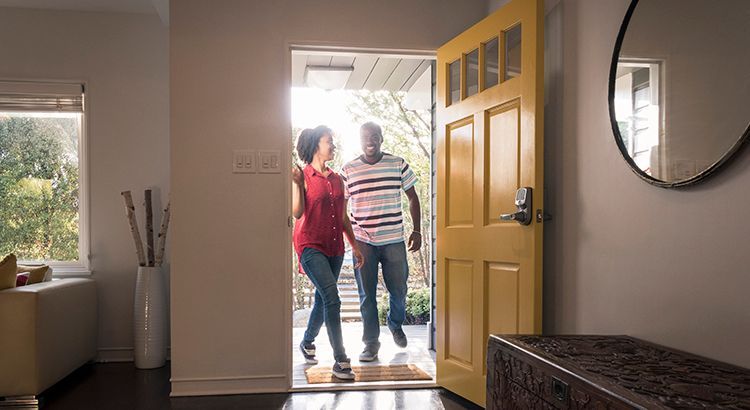By Inner Circle
•
January 20, 2026
Most homeowners who consider adding solar panels are thinking about a few common goals: They’re environmentally conscious and want to reduce their carbon footprint. They’re looking to save on rising utility costs. They believe solar will increase the value of their home when they sell it. But how they think about paying for the installation is an entirely different conversation. If you have enough cash saved up, are willing to take out a home improvement or solar loan, or have access to other financing options (HELOCs, personal loans, etc.), you can buy and own the system outright. For many homeowners, though, that upfront cost feels daunting — which is exactly why leasing a solar system has become so popular. Solar companies often make leased systems sound almost irresistible: little or no money down, monthly payments that are offset by anticipated savings on your electric bill, and assurances that a future buyer will assume the lease with ease. Many sales pitches even imply that simply having solar is a selling point and adds value to the home. But whether you already took a solar company up on a lease offer, or are considering doing so, you may want to think about how that could impact whether or not your future buyer can buy your house when you go to sell. Some Lenders Will Treat Leased Solar Panels Like Debt One of the more common concerns people raise about how solar panels will impact the future resale of a home is in terms of aesthetics. Some buyers simply don’t like how they look and won’t consider a home with them, which can obviously impact the number of buyers your home will appeal to, and potentially the selling price. However, a leased system can create another issue that goes beyond preference: it can affect whether they can buy your home at all. When a buyer applies for a mortgage, lenders look closely at their financial obligations. Depending on the situation, some mortgage underwriters will treat a leased solar system like a monthly debt payment because the buyer must take over that contract as part of buying the house. So even if your future buyer loves the fact that you have solar panels installed, the lease payments can still count against their debt-to-income ratio (DTI) — one of the core metrics lenders use to determine how much a buyer can borrow. If the lease payment pushes their DTI too high, they might not qualify for the mortgage amount they need, or in some cases, prevent them from qualifying at all. Some lenders and loan programs are more flexible than others, but there’s always a risk that a lease payment can be counted against the buyer’s ability to qualify for the home price you want in certain underwriting scenarios. It’s also worth noting that appraisers typically don’t assign value to leased equipment the way they do for owned solar. If a buyer doesn’t own the panels, an appraiser generally won’t add dollar value to the home based on their presence alone, which may impact the value you and your buyer agreed upon, forcing price renegotiations. What to Do Before Installing a Leased Solar Panel System If you’re still in the decision-making stage — or even if you already have solar installed — and you’re thinking about the resale of your home, it’s worth getting informed before moving forward. One helpful resource many homeowners aren’t aware of is this consumer advisory from the U.S. Department of the Treasury that outlines what to consider before installing solar panels. It covers financing options, ownership vs. third-party arrangements, tax credits, and — importantly — how solar systems can interact with loans and future home sales. It’s a neutral, plain-English guide designed to help homeowners understand the long-term implications of their choices, not just the short-term savings pitch. Reading through guidance like that can help you ask better questions, spot potential red flags in contracts, and understand how different solar arrangements may affect you later, but speaking with a local real estate agent can also be extremely helpful. An agent doesn’t sell solar, and they don’t benefit one way or another from how you finance it — which makes their perspective especially useful. They can help you understand how leased systems are typically received by buyers and lenders in your market, whether similar homes with solar have faced financing hurdles, and what impact (if any) a lease might have on your buyer pool or sale timeline. Real estate is hyper-local. What works seamlessly in one neighborhood or price range may create friction in another. Before installing solar — or before listing a home with a leased system already in place — having an agent weigh in can help you avoid surprises and make decisions that align with both your lifestyle goals and future resale plans. Sometimes, a quick conversation upfront can save you from a much bigger headache later. The Takeaway: Leasing a solar panel system often sounds easier and more appealing than paying outright for it to be installed. However, when you lease, lenders might treat that monthly obligation as debt, which can affect a future buyer’s ability to qualify. If resale matters — whether next year or years down the road — understand your lease terms, explore buy-out or ownership options, and consult with a local agent before installing or listing.





